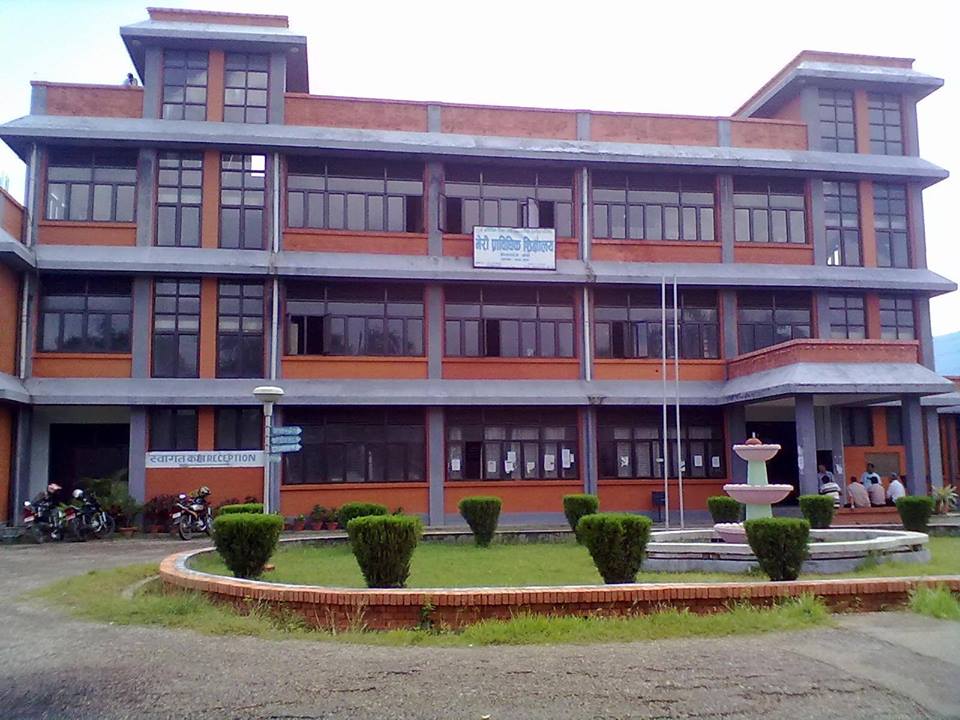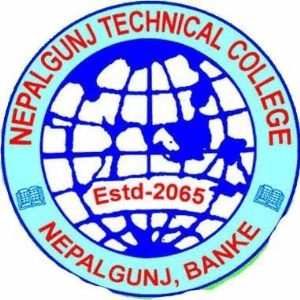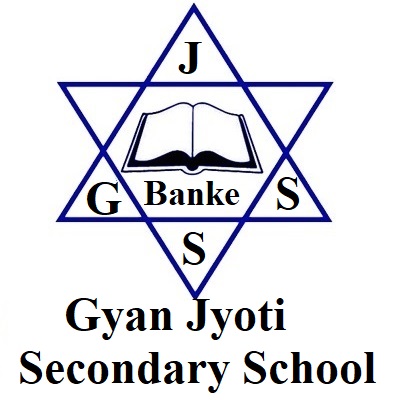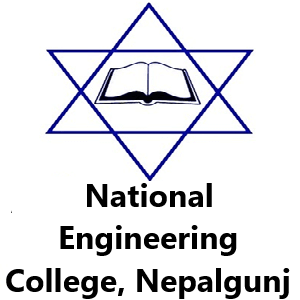Overview
Diploma in Electrical Engineering at Bheri Technical School (BTS), Nepalgunj (affiliated with CTEVT)
Diploma in Electrical Engineering is a 3-year program designed to provide students with comprehensive knowledge and skills in electrical engineering. The program covers electrical circuits, power systems, machines, control systems, instrumentation, and renewable energy.

Course Outlines:
The course outlines for Diploma in Electrical Engineering include:
-
Electrical Circuit Analysis
-
Electrical Machines
-
Power Systems
-
Control Systems
-
Instrumentation and Measurements
-
Renewable Energy Systems
-
Project Work
Duration:
The duration of the Diploma in Electrical Engineering program is three years.
Objectives:
The objectives of the Diploma in Electrical Engineering program are to:
-
Provide students with fundamental knowledge and skills in electrical engineering
-
Prepare students for careers in electrical engineering and related fields
-
Train students to design, install, and maintain electrical systems
-
Develop students' problem-solving and critical-thinking skills
Eligibility:
The eligibility criteria for the Diploma in Electrical Engineering program are:
-
Completion of the Pre-Diploma in Electrical Engineering program or equivalent
-
SLC or SEE with any grade and any GPA (Since 2072 SLC) or SLC or SEE appeared (Before 2072 SLC)
-
Pass the entrance examination administered by CTEVT.
Learning Outcomes:
Upon completion of the Diploma in Electrical Engineering program, students will be able to:
-
Apply electrical engineering principles to design and analyze electrical systems
-
Select and use appropriate tools and techniques for electrical engineering tasks
-
Use software tools for the analysis and design of electrical systems
-
Apply safety standards and regulations in electrical engineering projects
-
Communicate effectively in written and oral form
-
Work effectively in a team environment.
Scope:
Graduates of the Diploma in Electrical Engineering program can pursue careers in various industries such as power generation, transmission and distribution, manufacturing, construction, telecommunications, and renewable energy. They can work as electrical, project, design, maintenance, and control engineers.
Career Prospects:
The career prospects for Diploma in Electrical Engineering graduates are good. There are opportunities for employment in both the public and private sectors. Graduates can work in power generation, transmission and distribution, manufacturing, construction, telecommunications, and renewable energy. They can also work for government agencies and consulting firms.
Career Options:
Some of the career options for Diploma in Electrical Engineering graduates include:
-
Electrical Engineer
-
Project Engineer
-
Design Engineer
-
Maintenance Engineer
-
Control Engineer
Why Choose this Course:
The Diploma in Electrical Engineering program provides students with a comprehensive understanding of electrical engineering principles and practices, preparing them for successful careers. The program offers hands-on training in electrical systems design, installation, and maintenance and exposes students to emerging technologies in renewable energy. Graduates of the program have excellent career prospects and can work in various industries.
Scholarship:
Bheri Technical School (BTS) offers scholarships to deserving students based on merit and financial need. Students can also explore other scholarship opportunities offered by government and non-government organizations.
Contact Bheri Technical School's administrative office for detailed information on the Diploma in Electrical Engineering course, including fees, scholarships, facilities, counseling, eligibility criteria, etc.


















